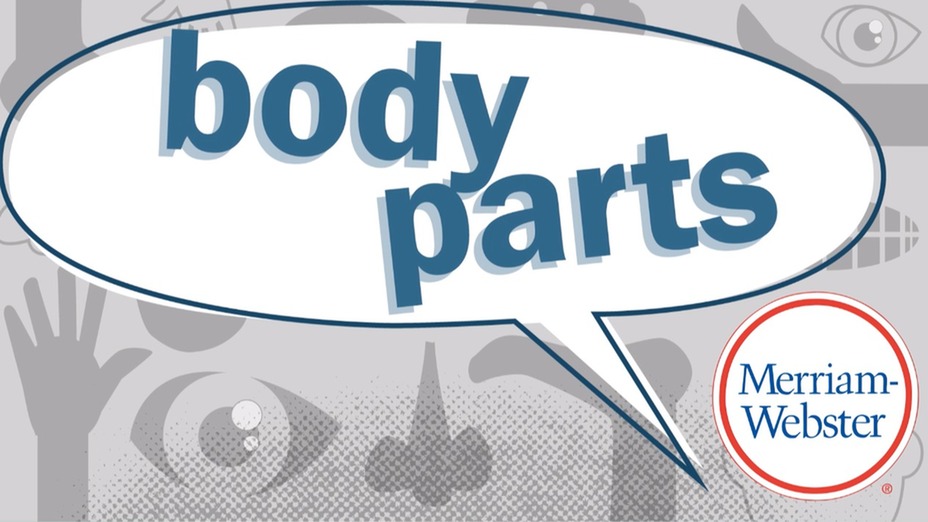: a word that characteristically is the grammatical center of a predicate and expresses an act, occurrence, or mode of being, that in various languages is inflected for agreement with the subject, for tense, for voice, for mood, or for aspect, and that typically has rather full descriptive meaning and characterizing quality but is sometimes nearly devoid of these especially when used as an auxiliary or linking verb
verbed; verbing
: to use (a word and especially a noun) as a verb : to make (a word) into a verb
A television announcer in Vero Beach, Fla., spoke of a promise "to upkeep the beach," thus verbing a word that had been in use as an honest noun since 1884.— James Kilpatrick
James Kilpatrick
 James Kilpatrick
James KilpatrickBut it is by no means unusual for a noun to be verbed.— Theodore M. Bernstein
Theodore M. Bernstein
 Theodore M. Bernstein
Theodore M. BernsteinLove words? Need even more definitions?
Merriam-Webster unabridged

















Share